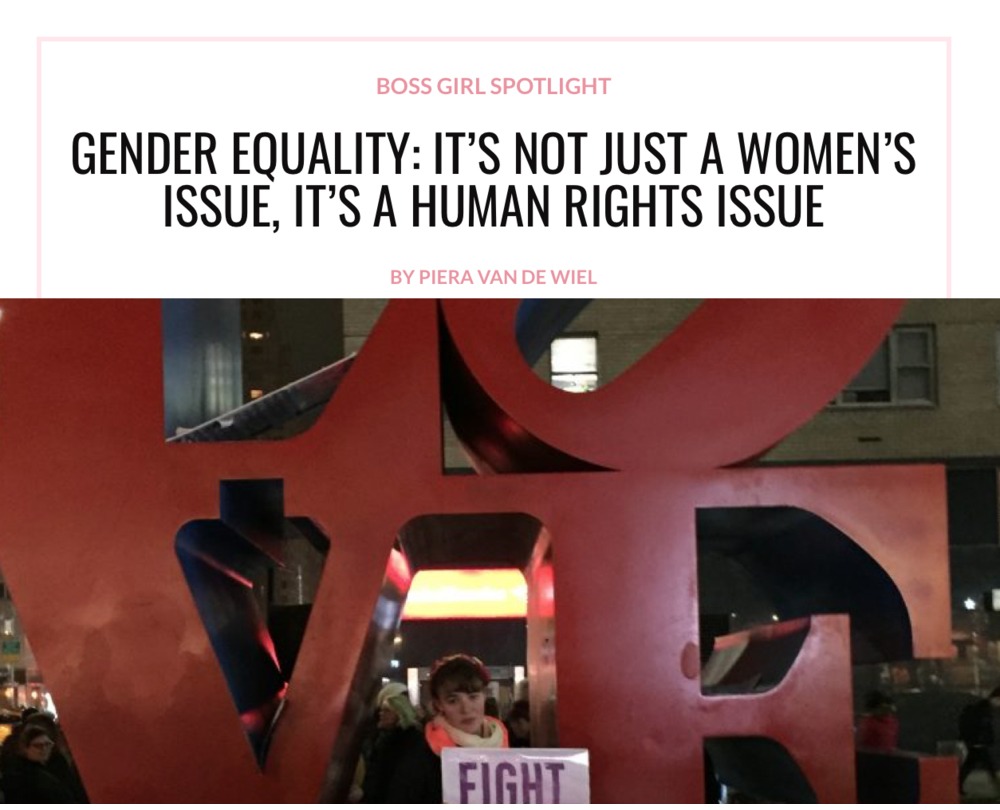The Bahá’í teachings provide profound insights into the concept of gender equality, elucidating the intricate tapestry of human rights that extends beyond mere social structures and cultural constructs. Embodying principles that elevate the status of women to a level commensurate with men, these teachings articulate that gender equality is not solely a women’s issue; it is, fundamentally, a human issue that resonates with the very essence of civilization. This perspective invites us to delve deeper into the multifaceted dimensions of gender equality as envisioned in the Bahá’í Faith.
At the heart of Bahá’í doctrine is the unequivocal assertion of the equality of men and women. This principle is not merely an idealistic notion, but rather a foundational element encapsulated within the sacred texts of the Faith. Bahá’u’lláh, the founder of the Bahá’í Faith, articulated this concept with clarity, proclaiming that the progress of humanity hinges on the unification and equitable treatment of all individuals. The elimination of prejudice, including that based on gender, is deemed essential to the advancement of society. This radical premise challenges entrenched notions that have historically relegated women to subordinate roles, thereby inviting a reevaluation of societal norms.
The Bahá’í viewpoint recognizes that the empowerment of women is a pivotal factor in the holistic development of communities. Statistical evidence supports the assertion that when women are granted equal opportunities in education, employment, and leadership, societies flourish. Education serves as a vital instrument for empowerment, opening avenues for personal growth and societal contribution. The Bahá’í teachings advocate for universal access to education, underscoring the role of women as vital agents of change. When women are educated, they can uplift not only themselves but also their families and communities, creating a ripple effect of positive change.
Moreover, gender equality, as articulated in Bahá’í teachings, encompasses the acknowledgment of the interdependence of all human beings. This interconnectedness points to a broader understanding of equality that transcends gender, acknowledging that all individuals, regardless of their sex, possess intrinsic worth and potential. In this regard, gender issues cannot be isolated from concerns regarding race, class, and global inequities. The Bahá’í perspective insists on a comprehensive approach that recognizes the intersecting challenges various groups face, thereby fostering solidarity among diverse populations.
A significant element of the Bahá’í teachings on gender equality is the emphasis on the spiritual development of both men and women. Spirituality, in this context, is not confined to personal or religious beliefs but extends to moral and ethical conduct that informs interactions and relationships. The ideals of compassion, justice, and mutual respect are vital. Gender equality is presented as a moral imperative, necessitating a concerted effort to dismantle patriarchal systems that seek to perpetuate inequality. This moral framework generates deeper insights into the underlying structures of gender inequality, fostering an environment conducive to dialogue and reform.
Furthermore, the role of men in the discourse on gender equality is critically significant within Bahá’í teachings. Men are called to be allies in the pursuit of equality, tasked with reevaluating their roles within familial and societal contexts. This reimagining of masculinity dissolves the confines of traditional gender roles, allowing men to actively participate in championing women’s rights. The active engagement of men in this discourse transforms the narrative of gender equality from a contentious struggle into a collaborative effort focused on shared humanity.
The cultural dimensions of gender equality within the Bahá’í framework underscore the implications of historical and societal norms. The evolution of cultural values regarding gender roles invokes a critical examination of inherited biases and stereotypes. By fostering a culture of respect and equality, Bahá’ís believe that it is possible to cultivate a new social consciousness. Such cultivation involves not only education and awareness but also the commitment to instill these values in future generations, thereby nurturing an enduring legacy of gender equality.
In addressing the broader implications of gender equality, the teachings extend beyond the micro level of individual interactions to address macro societal structures. The Bahá’í approach advocates for institutional reforms that rectify systemic inequalities. This entails a transformative vision where legal frameworks are reconfigured to support and protect the rights of all individuals. By establishing policies that promote participation and representation, societies can avert the perils of exclusion and marginalization, paving the way for a more inclusive future.
It is vital to recognize that the path toward gender equality is fraught with challenges. Resistance to change often stems from deeply rooted cultural beliefs and institutional inertia. However, the Bahá’í perspective remains unwavering, positing that true progress is achievable through the tireless efforts of individuals and collective action. The teachings encourage ongoing engagement with issues of social justice, underscoring the importance of resilience and commitment in the face of adversity.
In conclusion, the Bahá’í teachings articulate a holistic view of gender equality that transcends the simplistic framing of women’s rights. It situates the pursuit of gender equality as an urgent human issue, intricately tied to the overarching goal of universal human rights. By promoting the empowerment of women, fostering interdependence, embracing moral responsibilities, and confronting systemic inequalities, the Bahá’í perspective lays the groundwork for a more equitable and just world. It invites individuals and communities alike to partake in a collective journey toward realization, underscoring that true harmony can only be achieved when all members of society are accorded their rightful dignity and worth. This profound vision of equity stands as a testament to the transformative power of the Bahá’í teachings in addressing one of humanity’s most urgent challenges.
